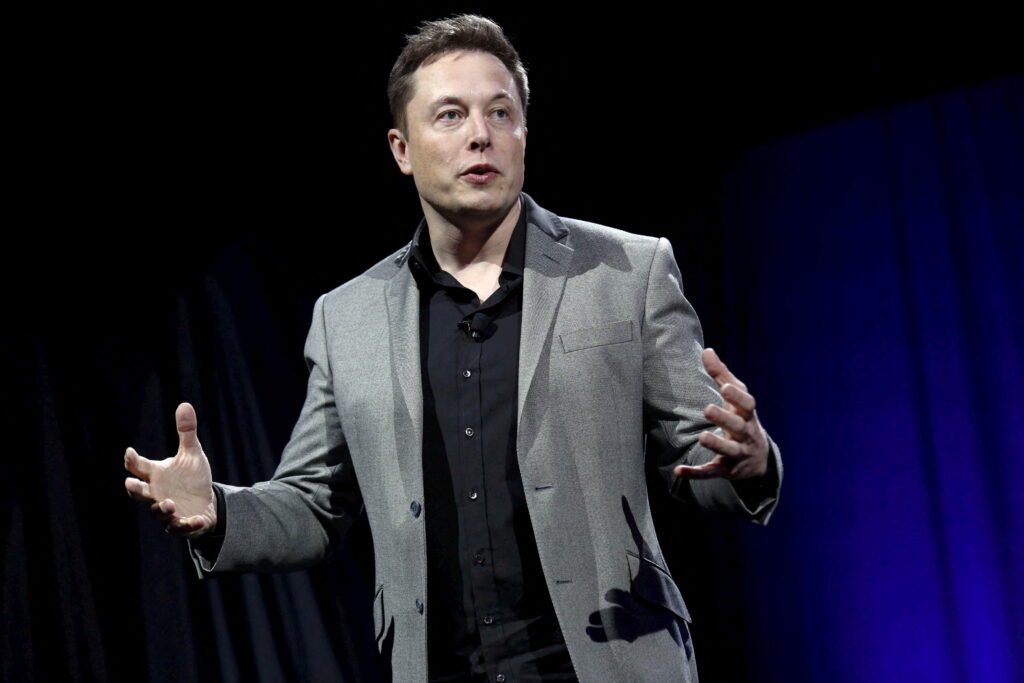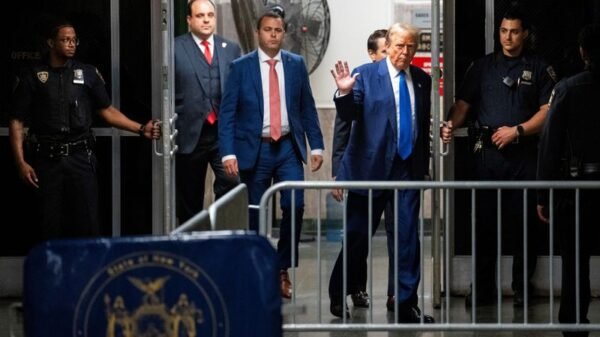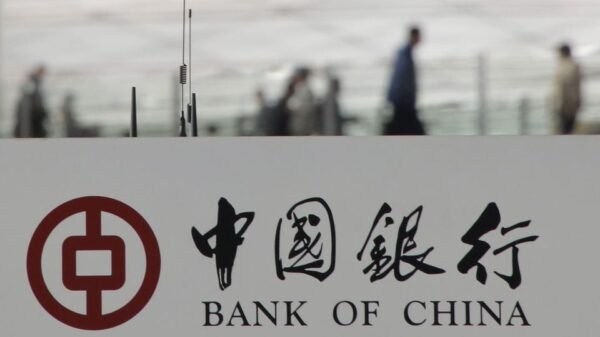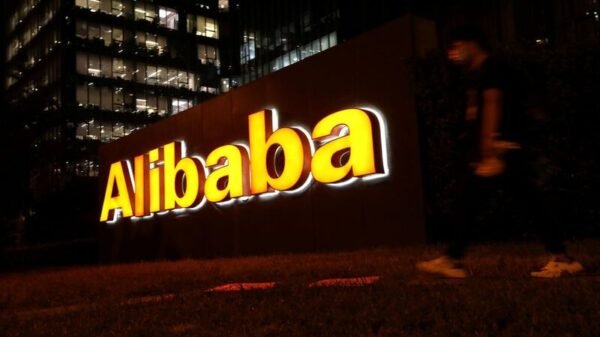Economic impact of Covid pandemic on Billionaires
From soaring stock prices to high-profile business deals, billionaires seem to live in a world of their own. But when the COVID-19 pandemic hit, even the wealthiest individuals were not immune to its impact. In fact, the pandemic has revealed just how vulnerable billionaire-owned businesses can be in times of crisis.
Key takeaways:
- COVID-19 has significantly impacted billionaire-owned businesses and caused economic impact.
- Digital technology is crucial for future success.
- Corporate social responsibility and resilience are important factors for successful businesses.
- Addressing inequalities and making positive contributions to society are important for billionaires.
- Strategic investments are necessary for long-term success.
- Embracing digital technology, prioritizing corporate social responsibility, and building resilient businesses are key strategies for success.
- Billionaires can make a positive impact on the world while succeeding in their businesses.
As the world continues to grapple with the COVID-19 pandemic, it has become increasingly clear that the impact of the virus extends far beyond the immediate health crisis. One area that has been particularly affected is the world of business, with disruptions and economic impacts felt across industries and at all levels. Billionaires, who have long been seen as a symbol of wealth and success, have not been immune to the effects of the pandemic.
In this article, we will explore the impact of COVID-19 on billionaires and their businesses. We will examine the industries in which billionaires operate and their vulnerability to the pandemic, as well as examples of billionaires whose businesses were disrupted. We will also consider the economic impact on billionaires, including changes in net worth and the sectors that saw the most significant impact on billionaire wealth. Finally, we will examine the impact of remote work on billionaire-owned companies, looking at both the advantages and disadvantages.
As we delve into this topic, it is important to remember that the pandemic has affected people around the world in different ways. While billionaires may have been impacted financially, there are many who have lost loved ones or suffered in other ways. We do not aim to minimize the severity of the pandemic or to suggest that the impact on billionaires is the most important story to tell. Rather, we hope to provide insight into the ways in which the pandemic has affected a particular segment of the business world, and what this may mean for the future.
COVID-19 pandemic and its impact on businesses
The COVID-19 pandemic has brought about a level of disruption to the world of business that has not been seen in generations. Almost every sector has been affected, with many businesses having to close their doors permanently due to the economic fallout of the pandemic. Even those businesses that have managed to stay afloat have had to navigate a new and challenging landscape, with changing consumer demands and an uncertain economic future.
Billionaires, who have long been seen as the epitome of success and wealth, have not been immune to the effects of the pandemic. Many billionaires operate in industries that have been particularly hard hit by the pandemic, including hospitality, travel, and retail. For example, Sir Richard Branson, the billionaire founder of Virgin Group, saw his airline, Virgin Atlantic, struggle to stay afloat as the demand for air travel plummeted. Similarly, fashion mogul Bernard Arnault saw his luxury goods conglomerate LVMH suffer as global tourism ground to a halt.
The pandemic has also brought about a level of uncertainty for billionaires that they may not have experienced before. Many billionaires have made their fortunes through savvy investments and shrewd business decisions, but the pandemic has upended the economic landscape and made it difficult to predict the future. Billionaire investor Warren Buffett, for example, saw his company Berkshire Hathaway suffer its worst year since the financial crisis in 2020, as the pandemic caused havoc in financial markets around the world.
Despite the challenges brought about by the pandemic, some billionaires have been able to adapt and even thrive in the new reality. Amazon founder Jeff Bezos, for example, saw his net worth increase by billions of dollars as the pandemic fueled a surge in demand for online shopping. Similarly, Tesla CEO Elon Musk saw his net worth more than triple during the pandemic as the electric carmaker’s stock price skyrocketed.

Photo: Tesla CEO Elon Musk \ Reuters
The COVID-19 pandemic has had a profound impact on businesses around the world, and billionaires have not been immune to its effects. While some billionaires have been able to adapt and even thrive, many others have struggled as the pandemic has upended traditional ways of doing business. As we move forward, it remains to be seen what the long-term implications of the pandemic will be for billionaires and their businesses, but one thing is clear: the pandemic has changed the business world in ways that we are only just beginning to understand.
Business disruption for billionaires
The COVID-19 pandemic has brought about unprecedented levels of disruption to the business world, affecting companies of all sizes and in all industries. For billionaires, who have long been seen as symbols of wealth and success, the pandemic has brought about a level of disruption that many may not have anticipated.
One of the key ways in which billionaires have been affected by the pandemic is through business disruption. Many billionaires operate in industries that have been hit particularly hard by the pandemic, such as hospitality, travel, and retail. For example, casino mogul Sheldon Adelson saw his company, Las Vegas Sands, struggle as the pandemic forced the closure of his casinos in Las Vegas and around the world. Similarly, sports team owners like Mark Cuban and Jerry Jones saw their revenue streams dry up as the pandemic led to the cancellation of sporting events.

Photo: Sheldon Adelson\ Reuters
Even billionaires who operate in industries that have not been directly affected by the pandemic have still felt the ripple effects of the disruption. For example, tech mogul Bill Gates saw his investment firm, Cascade Investment, lose billions of dollars as the pandemic caused economic turmoil in financial markets around the world. Similarly, media mogul Rupert Murdoch saw his company, News Corp, suffer as the pandemic caused a decline in advertising revenue.
Despite the challenges brought about by the pandemic, some billionaires have been able to adapt and even thrive. One example is pharmaceuticals billionaire Patrick Soon-Shiong, whose company NantKwest saw a surge in demand for its cancer treatments as hospitals focused on COVID-19 patients. Similarly, e-commerce billionaire Jack Ma saw his company Alibaba benefit from the surge in online shopping as people around the world turned to e-commerce during lockdowns.

Photo: Patrick Soon-Shiong\ Reuters
The pandemic has also brought about changes in consumer behavior that have affected billionaire-owned businesses. With more people working from home, for example, there has been a surge in demand for home entertainment products and services. This has benefited billionaires like Reed Hastings, CEO of streaming giant Netflix, whose net worth has soared during the pandemic.
The COVID-19 pandemic has brought about a level of business disruption that has affected billionaires in various ways. While some billionaires have been able to adapt and even thrive, others have struggled as the pandemic has upended traditional ways of doing business. As we move forward, it remains to be seen what the long-term implications of the pandemic will be for billionaires and their businesses, but one thing is clear: the pandemic has changed the business world in ways that we are only just beginning to understand.
Economic impact on billionaires
The COVID-19 pandemic has not only disrupted businesses but has also had a significant economic impact on billionaires. As the pandemic continues to spread globally, economies have been hit hard, and the world’s richest people have not been immune to the financial turmoil.
According to Forbes, the combined net worth of the world’s billionaires fell by over $700 billion in the early months of the pandemic. While the stock market has since recovered and some billionaires have regained their wealth, the economic impact of the pandemic has been felt in various ways.
One way in which the pandemic has affected billionaires’ wealth is through the decline in the value of their investments. With the pandemic causing economic turmoil, many investments have suffered, leading to significant losses for billionaires. For example, Warren Buffett, one of the world’s most famous investors, lost billions of dollars in the early days of the pandemic as his company, Berkshire Hathaway, saw its stock price plummet.

Photo: Jeff Bezos\
Reuters
Another way in which the pandemic has impacted billionaires’ finances is through a decline in revenue for their businesses. As discussed earlier, many billionaires operate in industries that have been hit particularly hard by the pandemic, such as travel and hospitality. For example, Richard Branson, the founder of Virgin Group, saw his airline, Virgin Atlantic, struggle as international travel ground to a halt. Similarly, hotel magnate Barron Hilton saw his hotel chain, Hilton Worldwide, suffer as occupancy rates plummeted.
The pandemic has also led to changes in consumer behavior, which has affected billionaires’ businesses. As people have been forced to stay at home, many have shifted their spending habits, leading to a decline in revenue for businesses that rely on in-person shopping. For example, fashion billionaire Bernard Arnault saw his company, LVMH, suffer as sales of luxury goods declined during the pandemic.

Photo: Bernard Arnault\ Reuters
Despite the economic impact of the pandemic, some billionaires have been able to weather the storm better than others. For example, tech billionaires like Jeff Bezos and Elon Musk have seen their net worths soar during the pandemic as people have turned to online shopping and technology services. Similarly, healthcare billionaires like Patrick Soon-Shiong have benefited from increased demand for healthcare products and services.
The economic impact of the COVID-19 pandemic has affected billionaires in various ways. While some have been able to adapt and even thrive, others have seen significant losses in their investments and revenue for their businesses. As the pandemic continues to evolve, it remains to be seen how billionaires will continue to be impacted by the economic fallout. However, one thing is certain: the pandemic has highlighted the interconnectedness of the global economy and the fragility of even the wealthiest individuals’ financial situations.
Remote work for billionaires
The COVID-19 pandemic has forced many businesses to adapt to remote work, and billionaires are no exception. As social distancing measures have been put in place around the world, many billionaires have had to find new ways of working to keep their businesses running.
For some billionaires, the shift to remote work has been relatively straightforward. Tech billionaires, in particular, have long been accustomed to working remotely and communicating through digital platforms. For example, Mark Zuckerberg, the founder of Facebook, has famously allowed his employees to work from home indefinitely, even after the pandemic subsides.
Other billionaires, however, have had to adapt to remote work more slowly. Many business owners are used to working from their offices or meeting with clients face-to-face, and the sudden shift to remote work has been a challenge. Richard Branson, for example, has expressed concern about the impact of remote work on his businesses, stating that he believes in-person communication is still essential for building relationships and driving innovation.
Despite these challenges, many billionaires have found ways to make remote work effective for their businesses. Some have invested in new technology and digital tools to help their employees collaborate and communicate effectively from home. Others have found creative ways to keep their businesses running without in-person interactions. For example, fashion billionaire Diane von Furstenberg has launched virtual styling sessions for her customers, allowing them to receive fashion advice from the comfort of their own homes.
The shift to remote work has also had a significant impact on the work-life balance of billionaires. Many have found themselves working longer hours than before as the boundaries between work and home have become blurred. For example, Elon Musk, the CEO of SpaceX and Tesla, has reportedly been working 120-hour weeks during the pandemic, juggling multiple projects at once.
However, remote work has also provided billionaires with new opportunities to connect with their families and communities. Many have been able to spend more time with their loved ones, and some have even used their wealth to support local communities affected by the pandemic. For example, Amazon CEO Jeff Bezos has donated billions of dollars to help those impacted by the pandemic, including funding for vaccine research and supporting food banks.
The COVID-19 pandemic has forced billionaires to adapt to remote work, with varying degrees of success. While some have found the shift relatively easy, others have struggled to adjust to the new way of working. However, remote work has also provided new opportunities for billionaires to connect with their families and communities and support those in need during these challenging times. As the pandemic continues to evolve, it remains to be seen how billionaires will continue to adapt and navigate the complexities of remote work in the long term.
Implications for the future of billionaire-owned businesses
The COVID-19 pandemic has had a profound impact on the global economy, including the businesses owned by billionaires. As the pandemic continues to evolve, it is becoming increasingly clear that the implications for the future of these businesses are significant.
One major implication is the need for increased agility and flexibility. The pandemic has shown that businesses must be able to adapt quickly to changing circumstances in order to survive. Billionaires who are able to pivot their businesses in response to new challenges will be well-positioned to succeed in the future.
Another implication is the need for increased investment in digital technology. The pandemic has accelerated the shift to digital, and businesses that are able to embrace new technology and adapt to changing consumer behavior will be more likely to thrive in the post-pandemic world. Billionaires who are willing to invest in digital technology and innovation will be well-positioned to take advantage of these opportunities.
The pandemic has also highlighted the importance of corporate social responsibility. Billionaires who are seen as leaders in corporate social responsibility and who are actively working to make a positive impact on the world will be more likely to attract and retain customers and employees. The pandemic has shown that consumers and employees are increasingly focused on ethical and sustainable business practices, and billionaires who are able to meet these expectations will be more likely to succeed in the future.
Finally, the pandemic has underscored the need for resilience and risk management. Billionaires who are able to weather the storm of the pandemic and other global crises will be more likely to thrive in the long term. This means building businesses that are able to withstand economic shocks and disruptions, and that are prepared to adapt to new challenges as they arise.
In conclusion, the COVID-19 pandemic has significant implications for the future of billionaire-owned businesses. The need for increased agility, investment in digital technology, corporate social responsibility, and resilience and risk management will be key factors in determining which businesses are able to thrive in the post-pandemic world. While the pandemic has been a challenging time for many businesses, it has also provided an opportunity for billionaires to reflect on the future of their businesses and make strategic investments that will position them for success in the years to come.





























































Comment Template